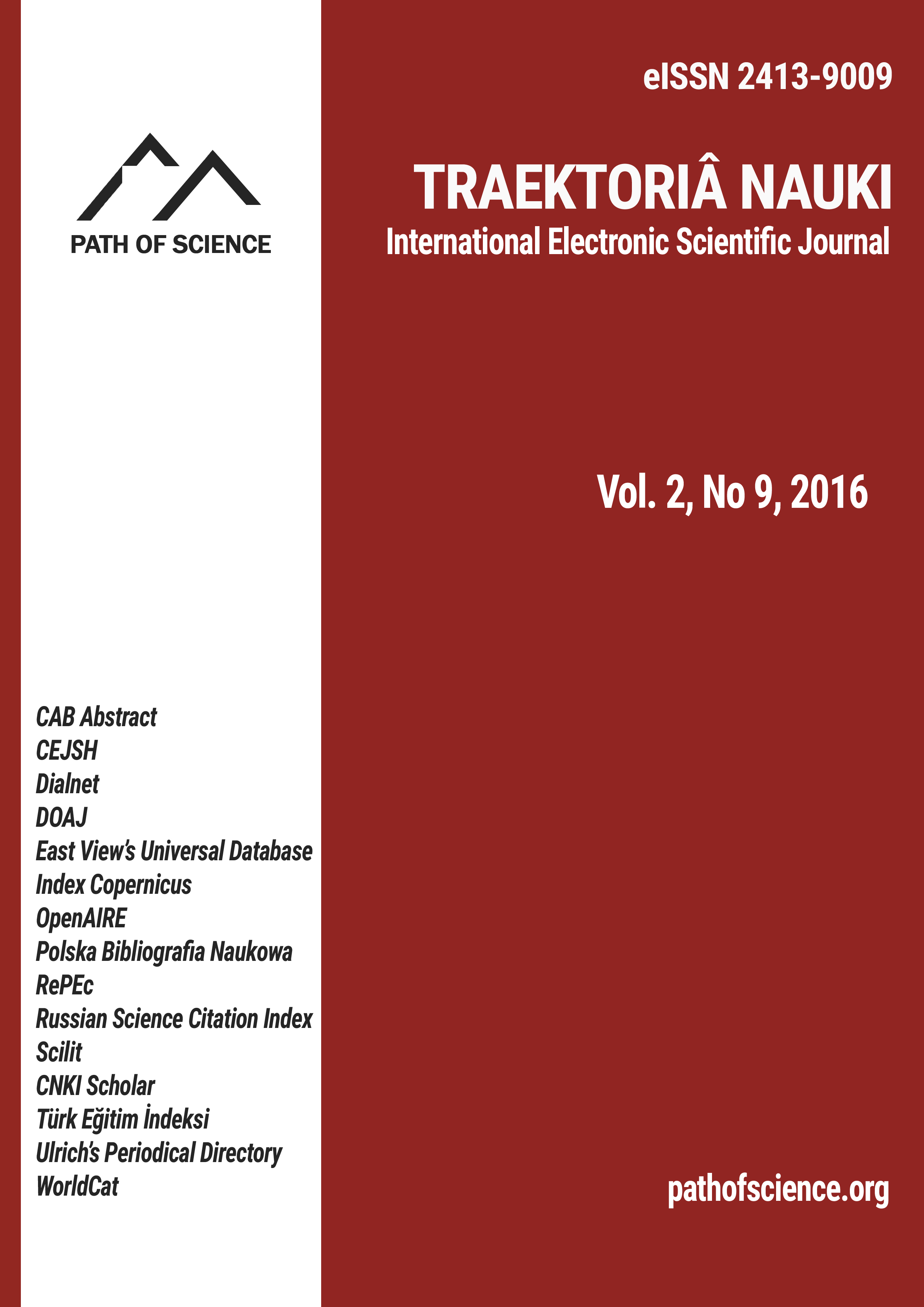Sustaining Small Scale Farming: Evidence of Poverty and income Disparity among Rural Farming Households in South-South Region of Nigeria
Sustaining Small Scale Farming: Evidence of Poverty and income Disparity among Rural Farming Households in South-South Region of Nigeria
Author(s): Sunday Brownson Akpan, Edet Udoh, Inimfon PatrickSubject(s): Micro-Economics, Agriculture, Rural and urban sociology, Economic development, Socio-Economic Research
Published by: Altezoro, s. r. o. & Dialog
Keywords: rural youth; poverty; income inequality; agricultural production; Nigeria
Summary/Abstract: The incidence of poverty is evidenced among rural farm households in developing societies. As a result of persistence poverty among rural farm households, there is sudden upsurge in agricultural livelihood diversification and rural-urban migration resulting in high rate of urban unemployment. To help generate suitable policy variables to help tackle this rampaging issue in the South- south region of Nigeria, this study specifically analyzes poverty and income inequality as well as identified determinants of poverty among rural farm households in Akwa Ibom State, Nigeria. Data were collected from 390 rural farm household heads spread across the rural areas of the State. Combination of sampling methods was employed to sample cross sectional data from respondents. The study used descriptive tools and regression analysis (Tobit regressions) to analyze information collected. The socio-economic analysis reveals that, most farming household heads were male; an average of 12.3 years of formal was discovered; social capital formation was poor, while average age stood at 42.5 years. About 33.08 % of male headed households and 22.05 % of female headed households live below poverty line in the study area. Income inequality index revealed 0.4210 for male headed households and 0.4531 for female counterpart. The Tobit model estimates revealed that, household head farming experience, years in social organization, level of formal education, farm and non-farm income were negative drivers of rural poverty in the region. Household’s age, household size, structure of land ownership and gender were positive drivers of poverty among rural farming households. It is recommended that sound family welfare packages should be implemented in the rural communities. Also, social capital formation should be promoted among rural farming households, while adult education policies should be re-visited. Government of the region should also improve educational facilities in the rural areas and make marginal lands available to less privileged farmers.
Journal: Traektoriâ Nauki
- Issue Year: 2/2016
- Issue No: 09
- Page Range: 9-23
- Page Count: 15
- Language: English

